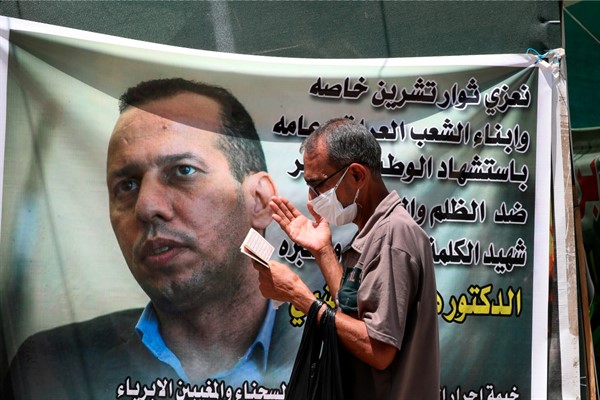Earlier this month, a prominent researcher and security expert in Iraq, who was close to the new prime minister and to Western governments, was gunned down outside his home in Baghdad. While the identify of his assailants remains unknown, Hisham al-Hashimi had many enemies, given his history of speaking out against the Islamic State and against Iraq’s powerful Shiite militias. In the weeks leading up to his murder, he told friends and relatives that he had received serious threats from both Sunni and Shiite extremists.
His associates, as well as Iraqi government officials, have focused in particular on Kataib Hezbollah, an Iranian-backed Shiite militia that reportedly threatened to “physically eliminate” Hashimi. The group has denied any involvement in the assassination, but Hashimi had collected detailed information about the group and often shared his research with Western governments and the Iraqi political elite, including Prime Minister Mustafa al-Kadhimi, who assumed office in May and has pledged to take a tougher stance against the militias.
Kataib Hezbollah and other like-minded groups have received funding and support from Iran for years, and they often operate independently and in opposition to the Iraqi government. These militias share Iran’s ideological objectives and interests, essentially operating as proxies of Tehran. However, Iran now faces multiple domestic economic and political crises due to the coronavirus pandemic, U.S. sanctions, the recent oil market collapse and growing civil unrest. This raises questions about the degree of control Tehran has over armed groups abroad like Kataib Hezbollah. If the Iranian government is overwhelmed with its own crises at home, are some Shiite militias going rogue, not only from their commanders but from leaders in Tehran who once called the shots?

